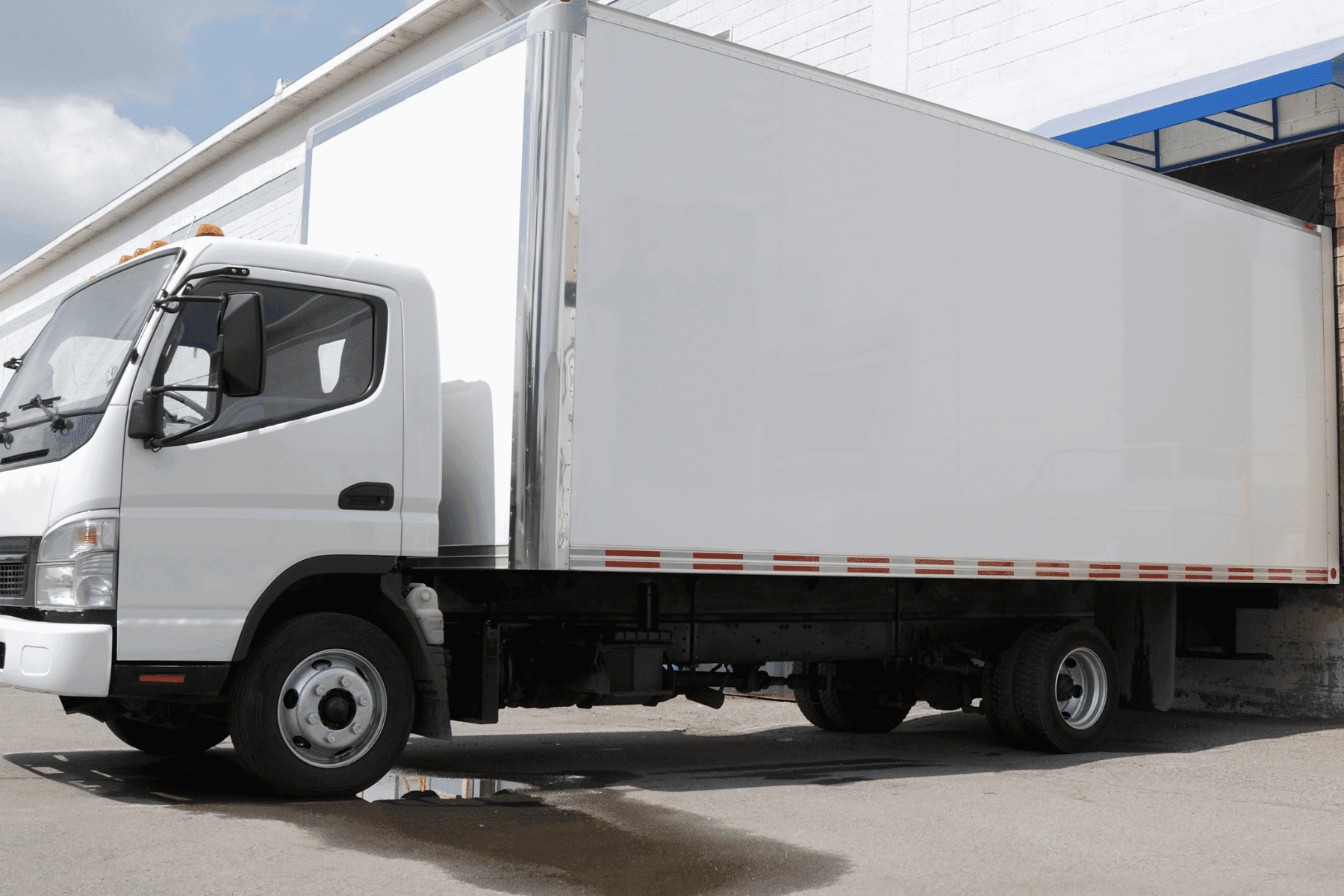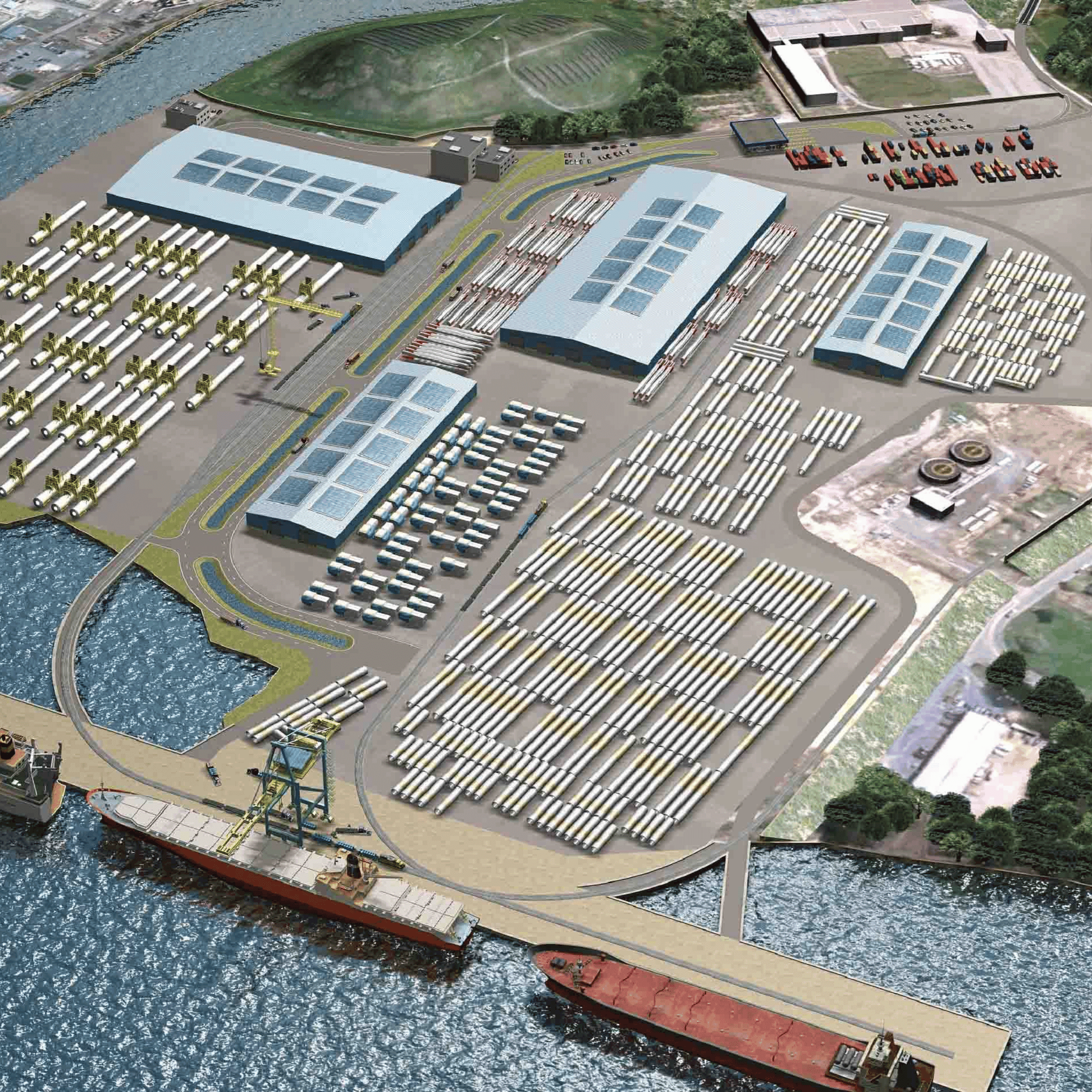In the age of fast-paced digital commerce and the continuous demand for quicker, smoother, and more efficient service deliveries, supply chain management is facing substantial evolutions. On-demand warehousing, a relatively newer trend, has emerged as a pivotal solution, enabling businesses to ramp up their supply chain capabilities. Coupled with fulfillment, it can significantly strengthen the entire supply chain mechanism. Here’s an in-depth look at this evolving landscape.
What is On-Demand Warehousing?
On-demand warehousing can be defined as a flexible warehousing model where space is rented out as and when required, without businesses having to commit to long-term lease agreements. Similar to how consumers use on-demand services like Uber or Airbnb, enterprises can rent space for a specific period depending on the fluctuation in their inventory needs.
The Benefits of On-Demand Warehousing
Flexibility: The most obvious advantage is flexibility. Companies can scale up or scale down their warehousing requirements based on seasonal demand, a new product launch, or any unforeseen circumstances.
Cost Efficiency: Businesses can save a significant amount by only paying for the space they use. This eliminates the financial burden of long-term leases, especially in prime locations.
Risk Reduction: The ability to quickly adapt to market changes means businesses can manage supply chain disruptions more effectively. This is particularly useful in situations like a sudden spike in demand or global disruptions, as seen during the COVID-19 pandemic.
Technological Integration: Most on-demand warehousing providers leverage advanced technologies, offering businesses insights into inventory levels, order tracking, and predictive analytics.
Fulfillment as the Keystone
While on-demand warehousing provides the necessary infrastructure, fulfillment ensures the seamless movement of goods from these warehouses to the end customer. When integrated, they can immensely bolster the supply chain.
Why is Fulfillment Crucial?
Customer Satisfaction: Efficient fulfillment means quicker delivery times, accurate orders, and fewer returns – all leading to improved customer satisfaction and loyalty.
Inventory Management: With robust fulfillment processes in place, businesses can effectively manage stock levels, reducing the risks of overstocking or stockouts.
Enhanced Visibility: Modern fulfillment solutions often come integrated with real-time tracking, giving businesses and customers alike unparalleled visibility into the order’s journey.
Strengthening the Supply Chain: Integration of On-Demand Warehousing and Fulfillment
Scalability: By utilizing on-demand warehousing, businesses can easily expand or contract their operational footprint. When combined with fulfillment, this means they can efficiently handle orders of any volume, from any location.
Resilience: A dynamic warehousing and fulfillment strategy ensures businesses can adapt quickly to disruptions, be it a global pandemic, trade restrictions, or natural disasters.
Optimized Costs: By only investing in the space they need and ensuring efficient fulfillment, businesses can achieve significant cost savings, allowing them to invest in other growth avenues.
Enhanced Customer Experience: With goods stored in strategically located warehouses and efficient fulfillment processes, businesses can promise and deliver quicker shipping times, enhancing the overall customer experience.
Conclusion
On-demand warehousing and efficient fulfillment are not just trends but necessities in the modern supply chain landscape. As e-commerce continues to grow and customer expectations evolve, businesses that leverage these solutions will not only strengthen their supply chains but also carve a competitive edge in the market. It’s an era where adaptability, efficiency, and customer-centricity reign supreme, and integrating on-demand warehousing with fulfillment is a step in the right direction.






